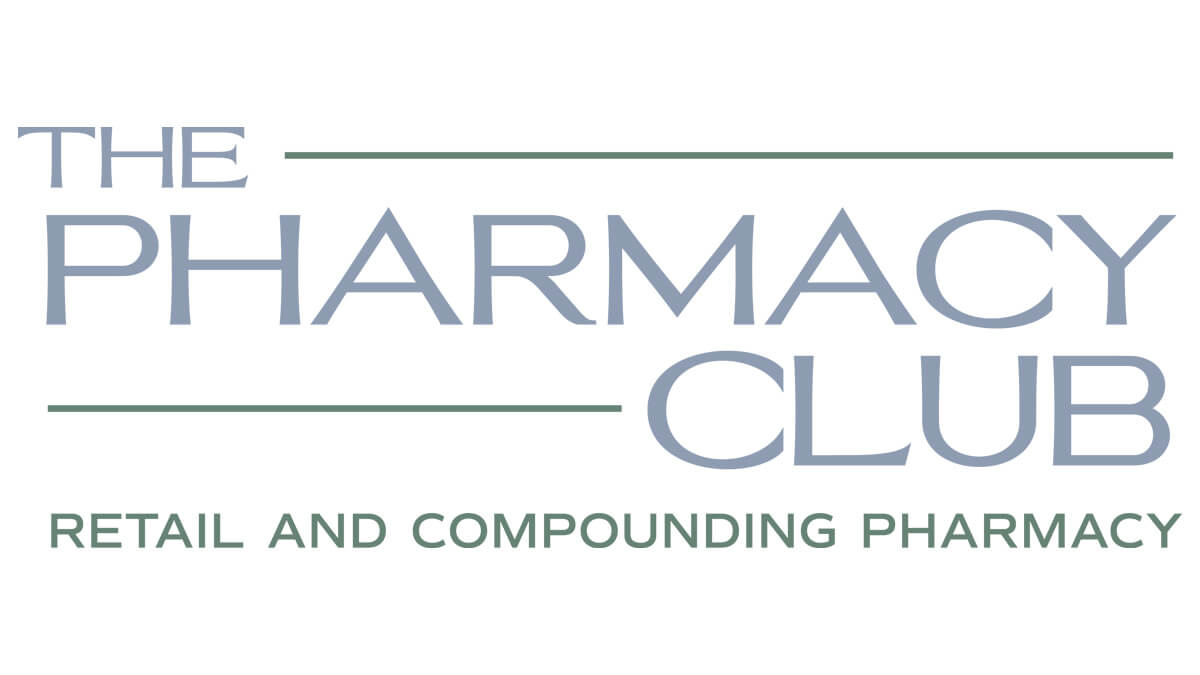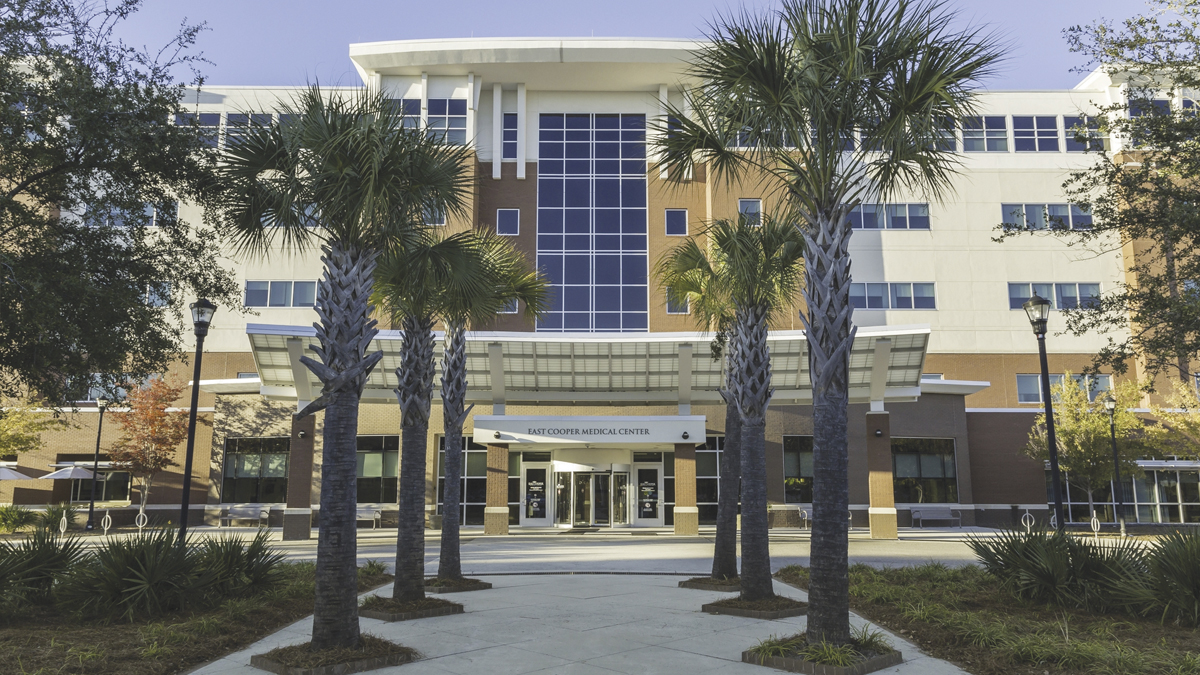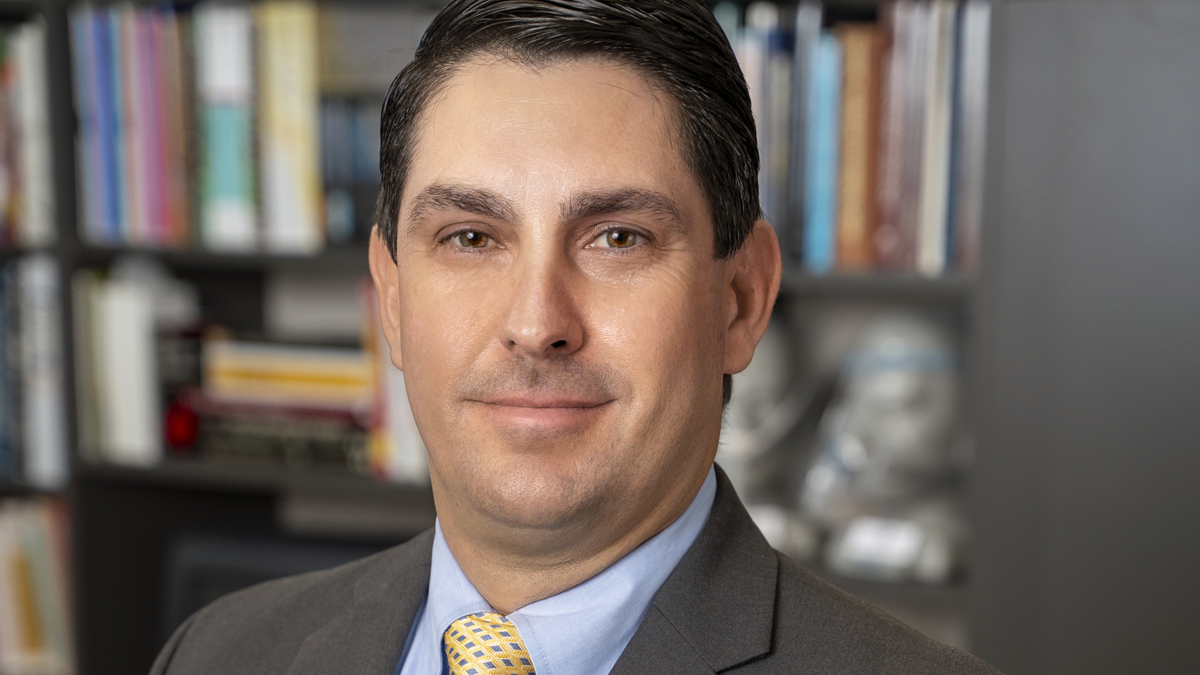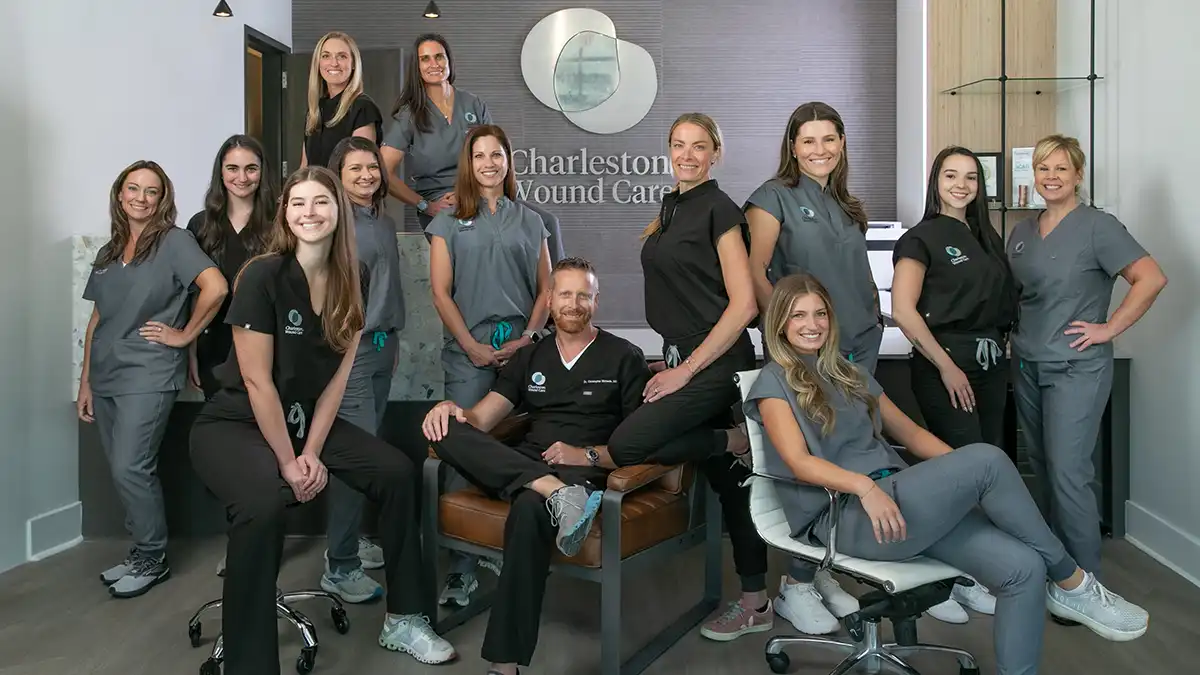If your medical insurance isn’t doing a good job of covering the cost or co-pays for generic prescriptions, The Pharmacy Club in Charleston might be a better option for everything from Vitamin D to antacids to high blood pressure medicine.
Because it has no contracts with insurance companies, The Pharmacy Club not only provides lower-than-insurance-cost prescriptions but also allows you to get them without using your insurance.
“Instead of having to go through third parties and follow their rules for pricing, we set our own prices,” said Morgan Echanique, pharmacist and owner of The Pharmacy Club. “And most of the time, we can also beat co-pay prices, as well as the popular discount cards that people use, like GoodRx.”
Consider the example of a client who was previously filling a medication at a large chain pharmacy.
“The client’s prescription was for 20 milligrams of generic Lexapro – escitalopram – for treating depression, and it cost $8 for a 30-day supply,” Echanique said. “After switching their prescription to The Pharmacy Club, they are now paying only $12 for a 90-day supply.”
Other common generic medications and pricing for a 90-day supply include:
- Amlodipine (Norvasc) 10mg – $6.54
- Lisinopril (Prinivil) 20mg – $8.57
- Hydrochlorothiazide 25mg – $6.72
- Metformin (Glucophage) 500mg – $8.38
- Atorvastatin (Lipitor) 20mg – $8.62
- Citalopram (Celexa) 20mg – $7.57
And even though by definition it is a retail cash pharmacy, The Pharmacy Club accepts all payments by cash, check, debit card or any major credit card.
“The term ‘retail pharmacy’ just means that we do not contract with or bill insurance companies for prescriptions,” Echanique said. “That and getting people to understand that they don’t need insurance to fill their prescription medications with us has been the hardest obstacle for us to clear.”
Also consider that The Pharmacy Club bases its generic medicine prices on what the medication actually costs it to purchase.
And, Echanique pointed out, if you use a traditional pharmacy, your prescription co-pay can actually be higher than “the actual cost of the medication.”
Prescription overcharging is a longtime, ongoing battle both for consumers and regulators.
In the spring of 2019, Ohio Attorney General Dave Yost filed a suit against OptumRx, a prescription drug benefit provider, for claims that the company overcharged the state’s Bureau of Workers’ Compensation by more than $15.8 million between 2015 and 2018.
In late 2019, The Securities and Exchange Commission announced charges against Pennsylvania-based pharmaceutical company Mylan N.V. relating to a Department of Justice probe into whether Mylan overcharged Medicaid by hundreds of millions of dollars for EpiPen, its largest revenue- and profit-generating product.
And in the spring of 2021, The Federal Trade Commission charged two pharmaceutical companies – Invidior and Reckitt Benckiser Group – for using “anticompetitive tactics to impede competition from lower-cost generics.”
The FTC subsequently recompensed more than $59 million to consumers for what it deemed as “deceptive practices that make it harder or more expensive to get prescription medication.”
These kinds of actions are part of the reason Echanique formed The Pharmacy Club: so that when you come to get your prescription filled, you can always have peace of mind that you haven’t been overcharged.
“Transparency is one of the areas of our health care industry that needs help,” Echanique said. “There are not many ways the general public can find out the real cost of different aspects of their health care. So we strive to be a place that patients from all backgrounds can come and feel confident that they are not being overcharged or taken advantage of.”
For more information, visit thepharmacyclubchs.com.
By L. C. Leach III






